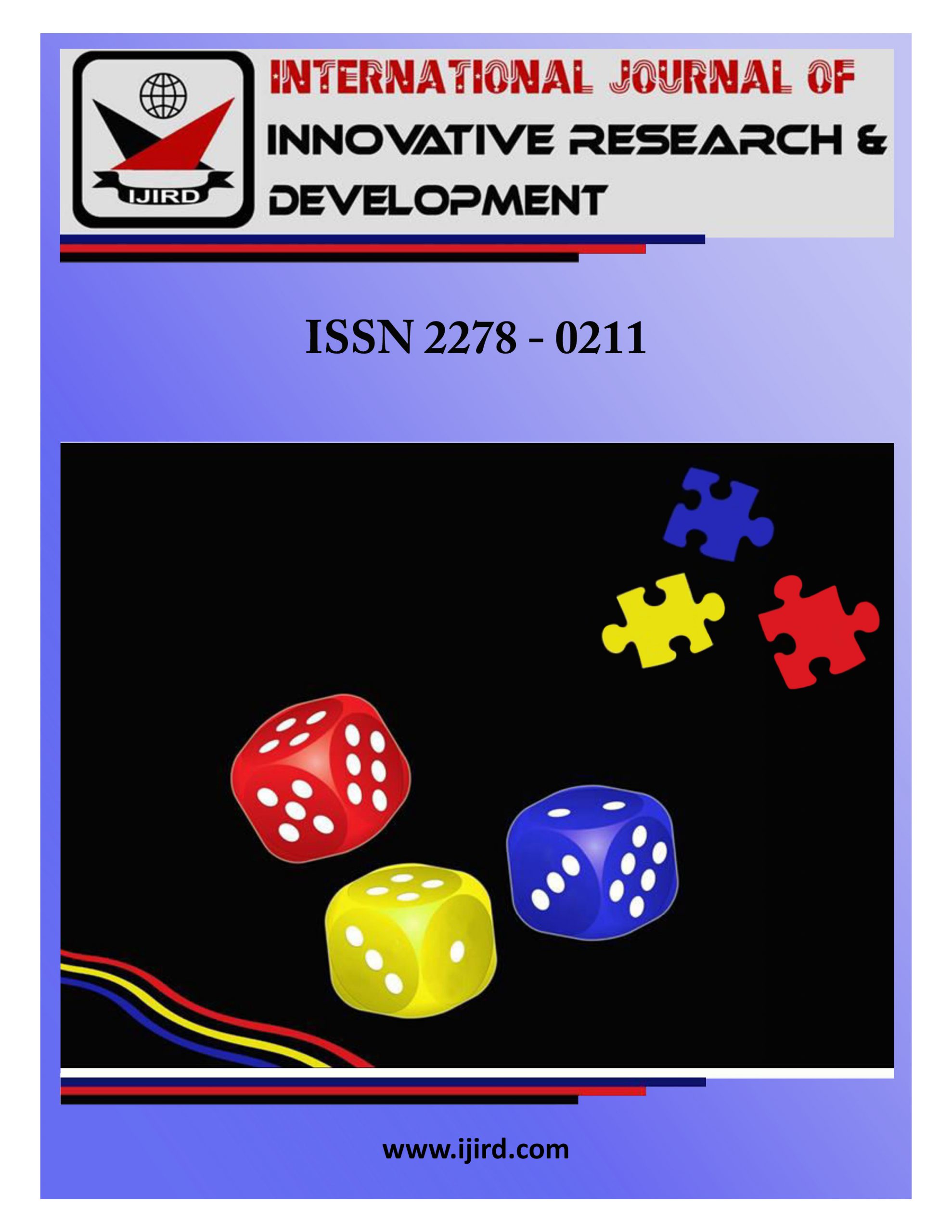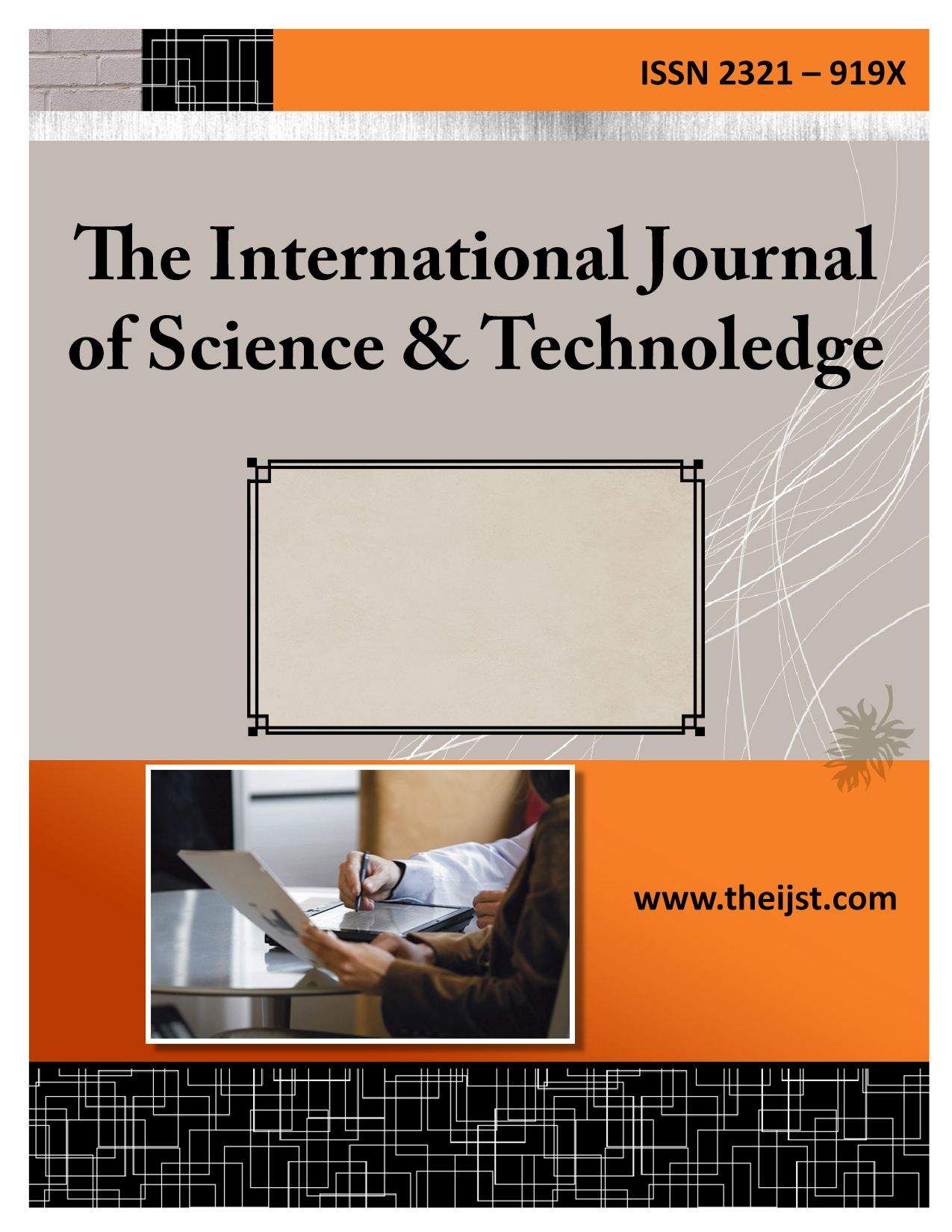In today’s hyper-connected world, it’s hard to escape the constant buzz of notifications, emails, and social media updates. While technology has undoubtedly made life more convenient, it’s also created a culture of overstimulation that can take a toll on our mental health. The idea of a digital detox—intentionally stepping away from screens for a period of time—has gained traction as more people recognize the need to reclaim their mental well-being. Let’s explore how unplugging can lead to a more balanced, mindful life and boost your mental health in ways you may not have considered.
What Is a Digital Detox?
A digital detox involves deliberately disconnecting from digital devices such as smartphones, laptops, and tablets for a set period of time. It could be as short as a few hours or as long as several days. The goal is to reduce dependency on technology and create space for real-world experiences, human connections, and self-reflection.
In a world where work, communication, and entertainment often revolve around screens, taking time off can seem daunting. But studies show that giving our brains a break from digital overload can have significant benefits for mental clarity and emotional well-being.
The Mental Health Benefits of Unplugging
- Reduced Stress and Anxiety Constant notifications and the pressure to stay connected can lead to higher stress levels. Whether it’s work-related emails or the need to respond to every social media message, this constant connection can be overwhelming. A digital detox helps create distance from these stressors, allowing you to reset and recharge mentally.
- Improved Sleep Quality Many people find themselves scrolling through social media or checking emails late into the night, which can interfere with sleep. The blue light emitted from screens has been shown to disrupt melatonin production, making it harder to fall asleep. By unplugging in the evenings, you can improve your sleep hygiene and ensure a more restful night.
- Enhanced Focus and Productivity In a world full of distractions, staying focused on tasks can be challenging. Constantly switching between apps, responding to messages, and checking social media notifications can lead to lower productivity. Taking a digital break gives your brain the opportunity to focus more effectively on tasks, improving both work and personal projects.
- Deeper Personal Connections Digital communication often replaces face-to-face interactions, which can negatively impact the quality of our relationships. Spending time away from screens allows for more meaningful conversations and connections with loved ones. Whether it’s sharing a meal, having an uninterrupted conversation, or simply being present, unplugging helps nurture these real-life relationships.
- Increased Mindfulness and Self-Awareness Technology tends to pull our attention outward, making it easy to lose touch with our own thoughts and feelings. A digital detox encourages mindfulness by giving you space to reflect on your emotions, desires, and well-being. This enhanced self-awareness can lead to a greater sense of inner peace and purpose.
How to Plan a Digital Detox
A successful digital detox doesn’t mean you have to go off the grid for weeks. Even small steps can make a big difference. Here are some tips to help you get started:
- Set Clear Boundaries: Decide how long you want your digital detox to last, whether it’s for an afternoon, a weekend, or longer.
- Let Others Know: Inform friends, family, or colleagues that you’ll be taking a break from technology. This will help manage expectations and reduce any anxiety about missing messages.
- Create Tech-Free Zones: Designate certain areas of your home, like the bedroom or dining area, as device-free zones to foster more mindful living.
- Engage in Offline Activities: Use this time to focus on activities that don’t involve screens, like reading, hiking, painting, or spending time with loved ones.
- Evaluate the Impact: After your detox, reflect on how you feel. Were you more relaxed, focused, or connected to the present moment? Use these insights to create healthier tech habits moving forward.
The Science Behind Digital Detoxing
The connection between screen time and mental health has been the focus of various studies. Research shows that excessive use of social media is linked to higher rates of anxiety, depression, and feelings of isolation. A study published in the International Journal of Environmental Research and Public Health found that limiting screen time can have a positive impact on both mental and emotional well-being, reducing feelings of stress and improving overall life satisfaction.
Furthermore, the dopamine-driven design of apps like Instagram, Facebook, and TikTok keeps users hooked, fostering a sense of addiction. By taking regular breaks, we can retrain our brains to engage more mindfully with technology and prevent burnout.
In a digital-first world, unplugging may seem like a radical act, but it can be an essential step toward mental well-being. A digital detox helps us break free from the overstimulation of the online world and offers space for relaxation, reflection, and genuine connection. Whether it’s for a few hours or a few days, taking time to unplug can significantly improve your mental health, leaving you feeling refreshed and recharged. So, consider scheduling your next digital detox—your mind will thank you for it!










